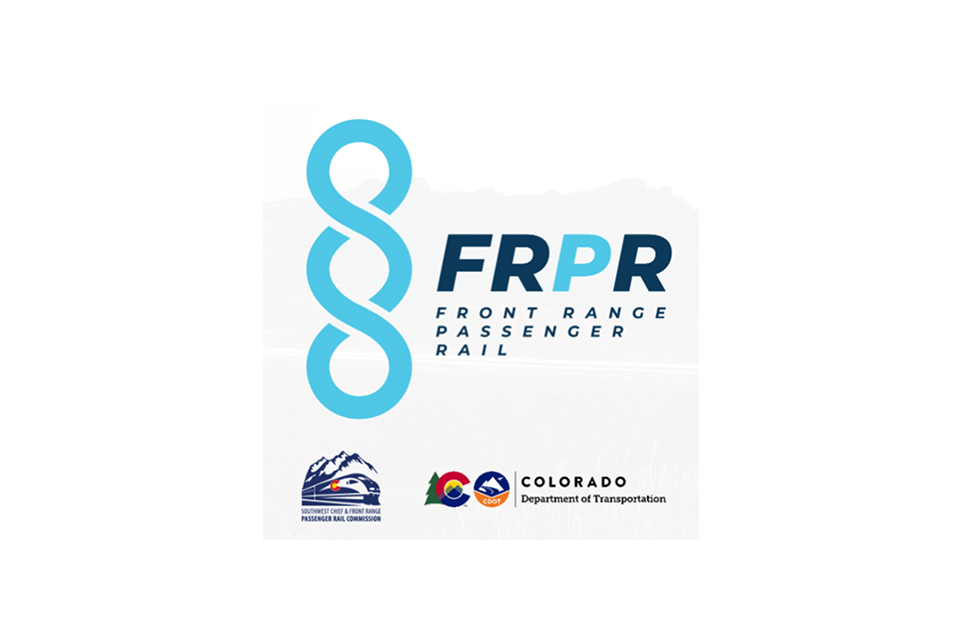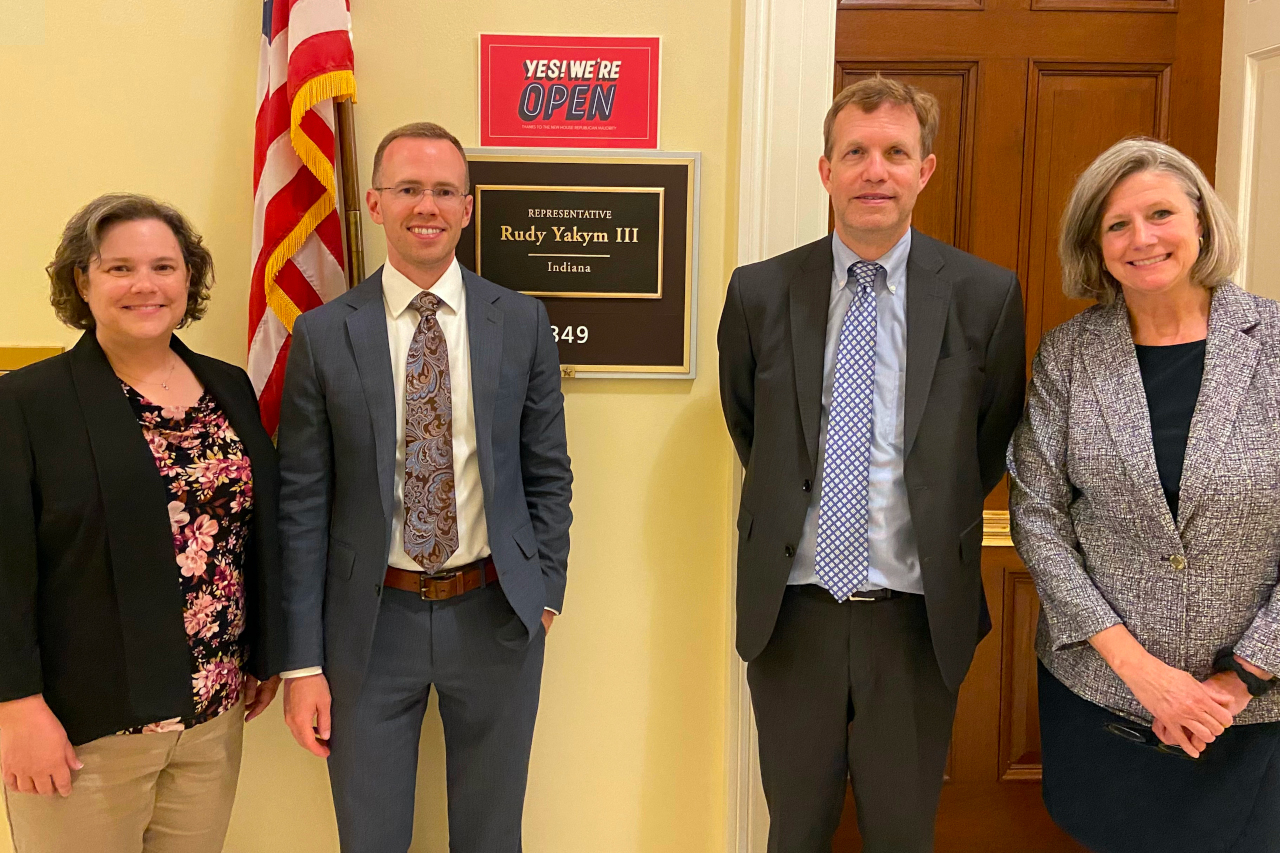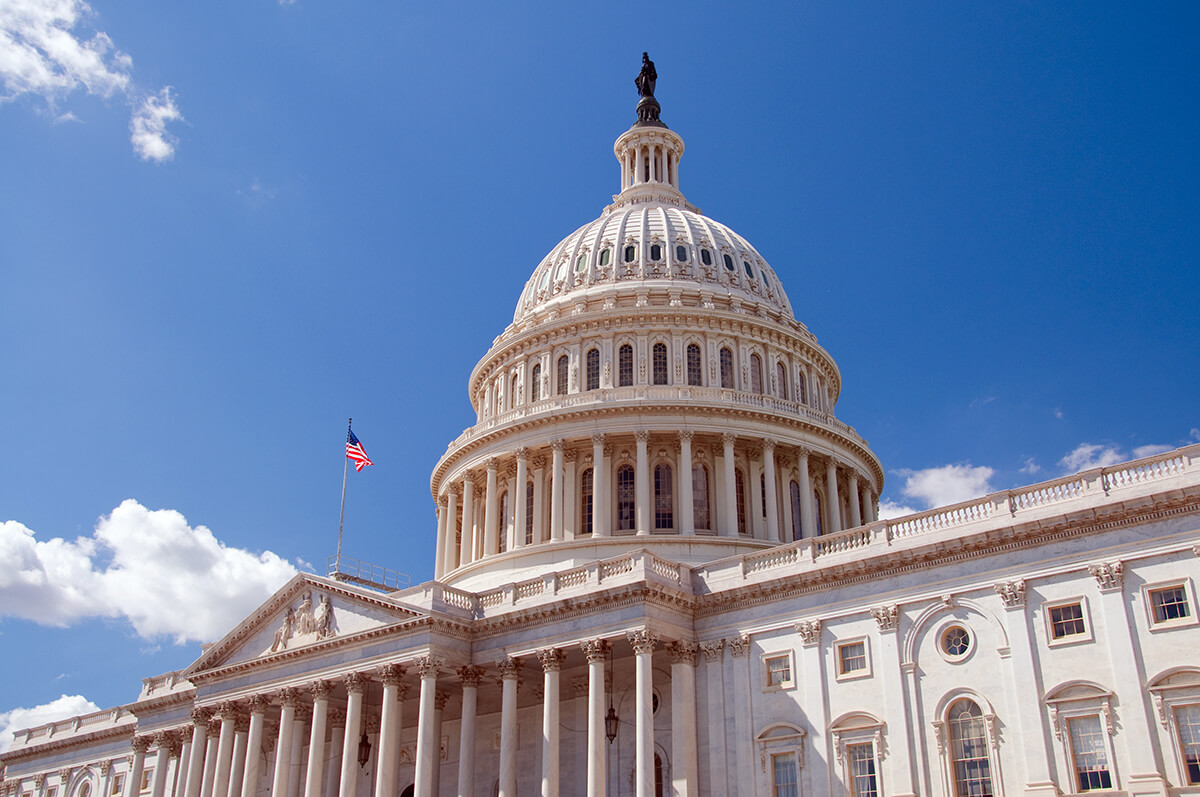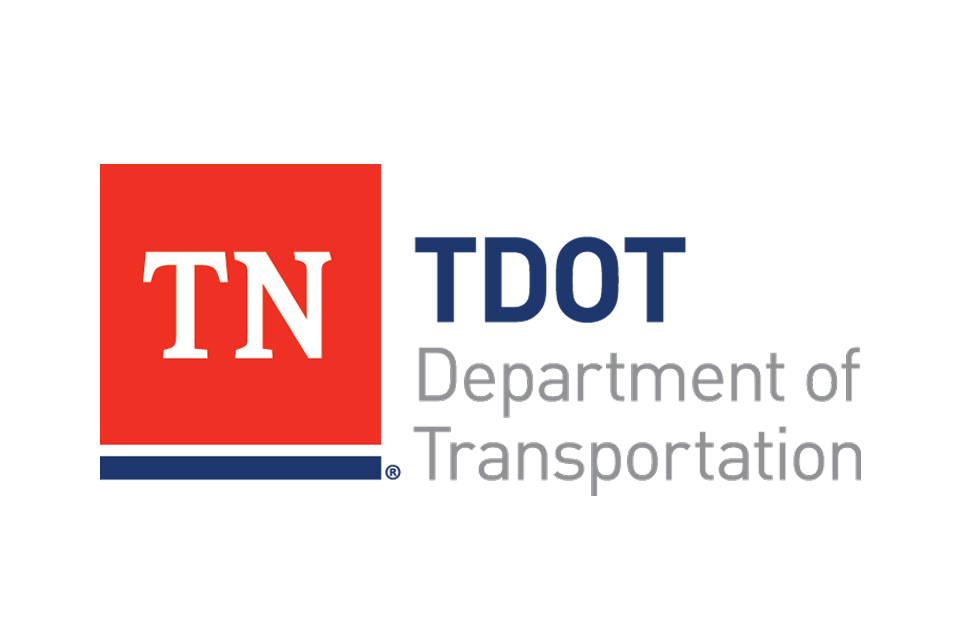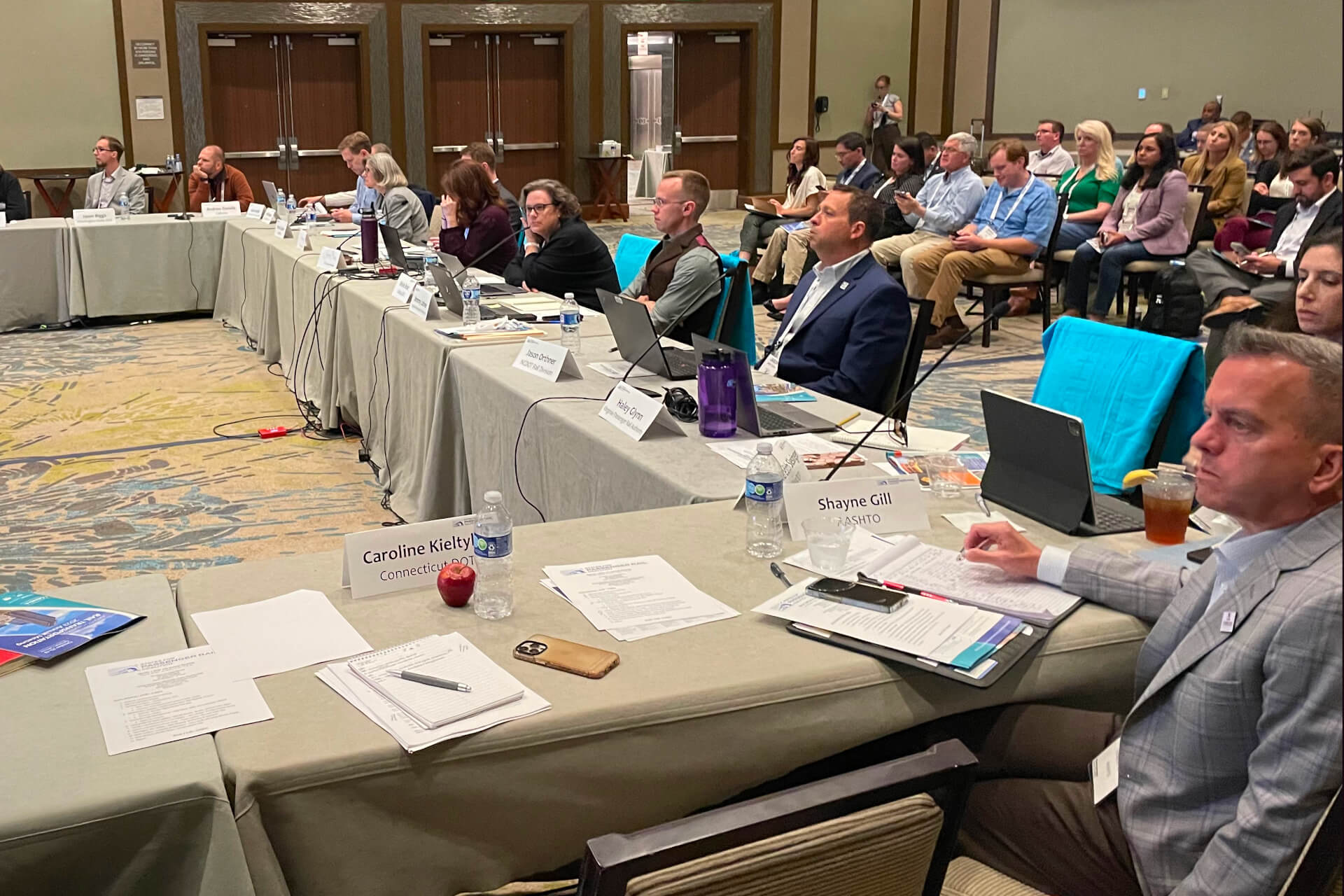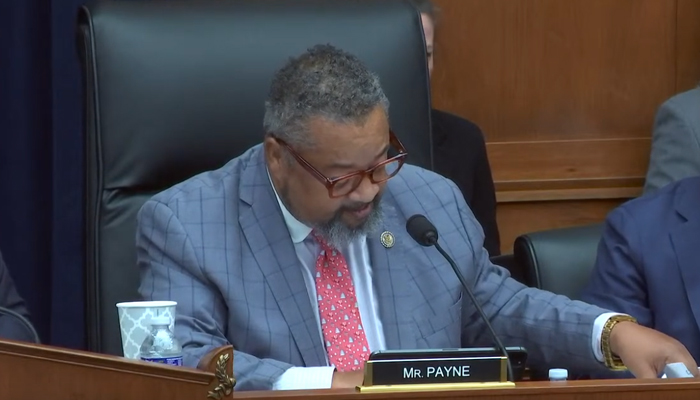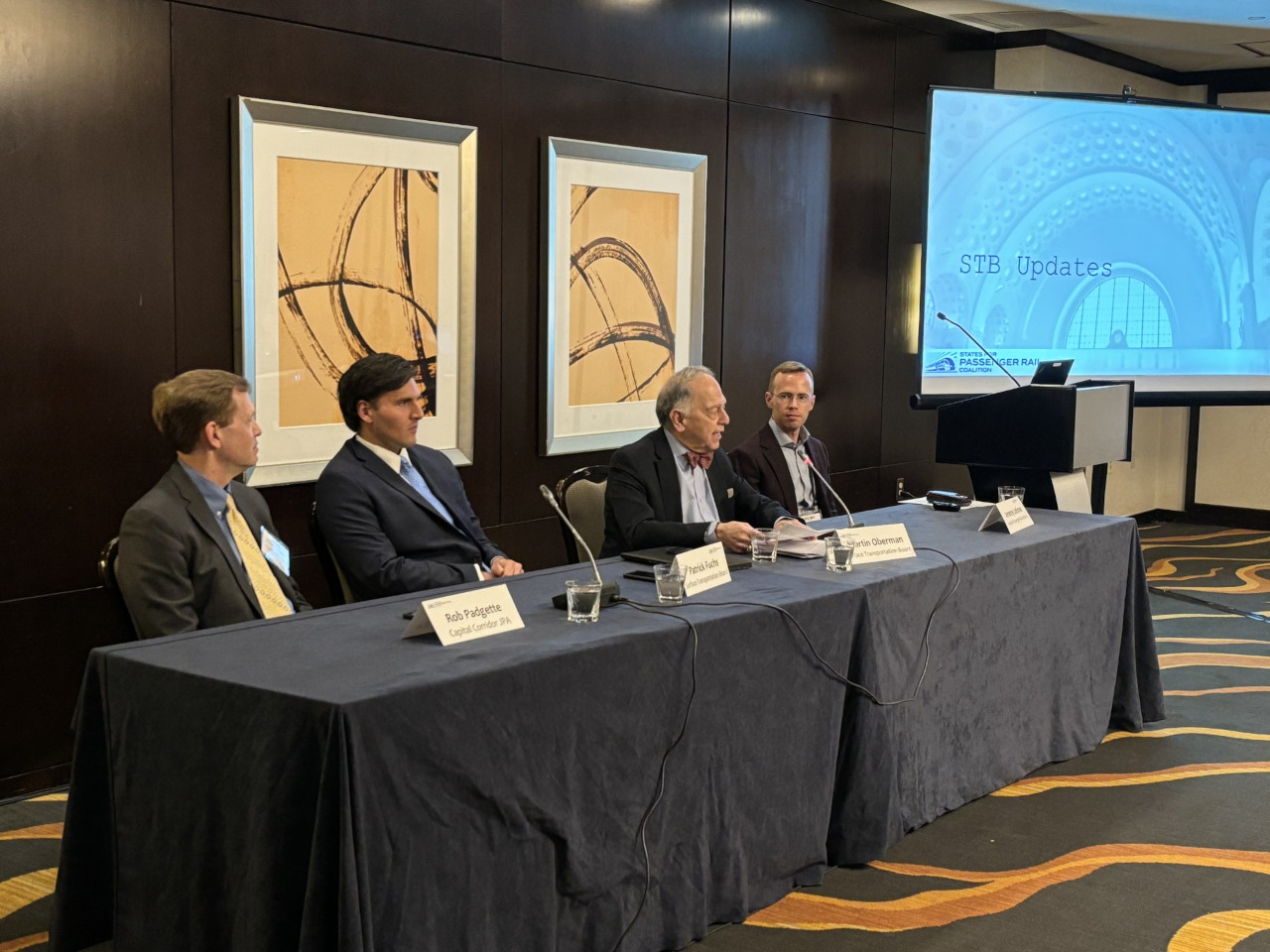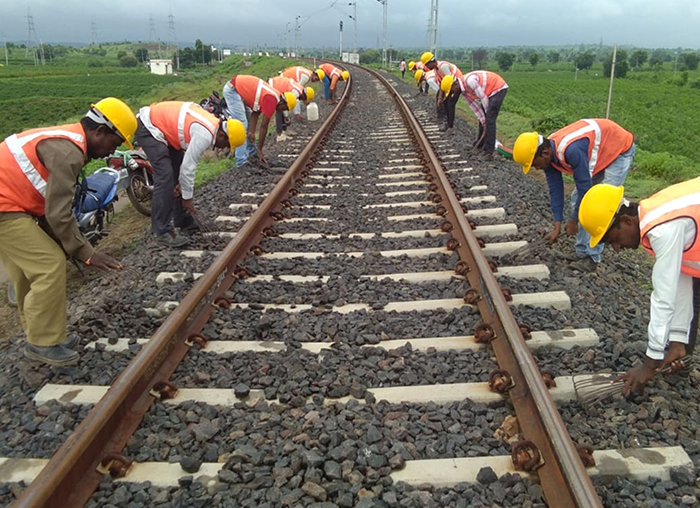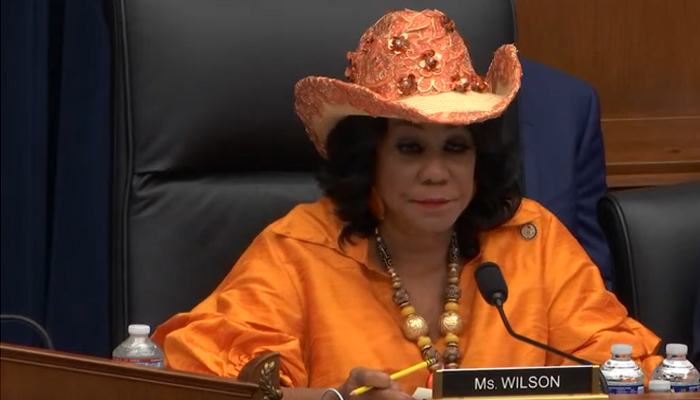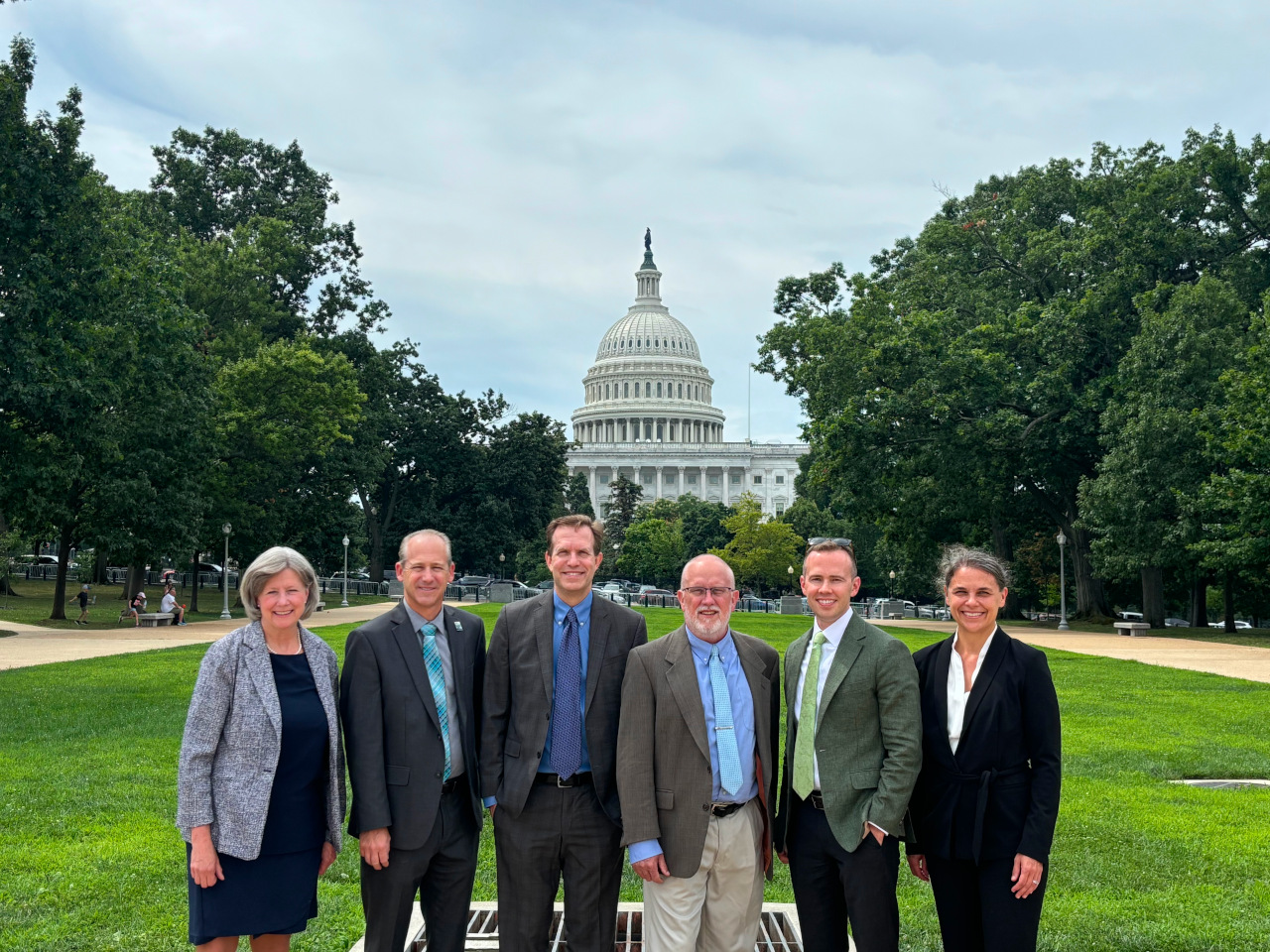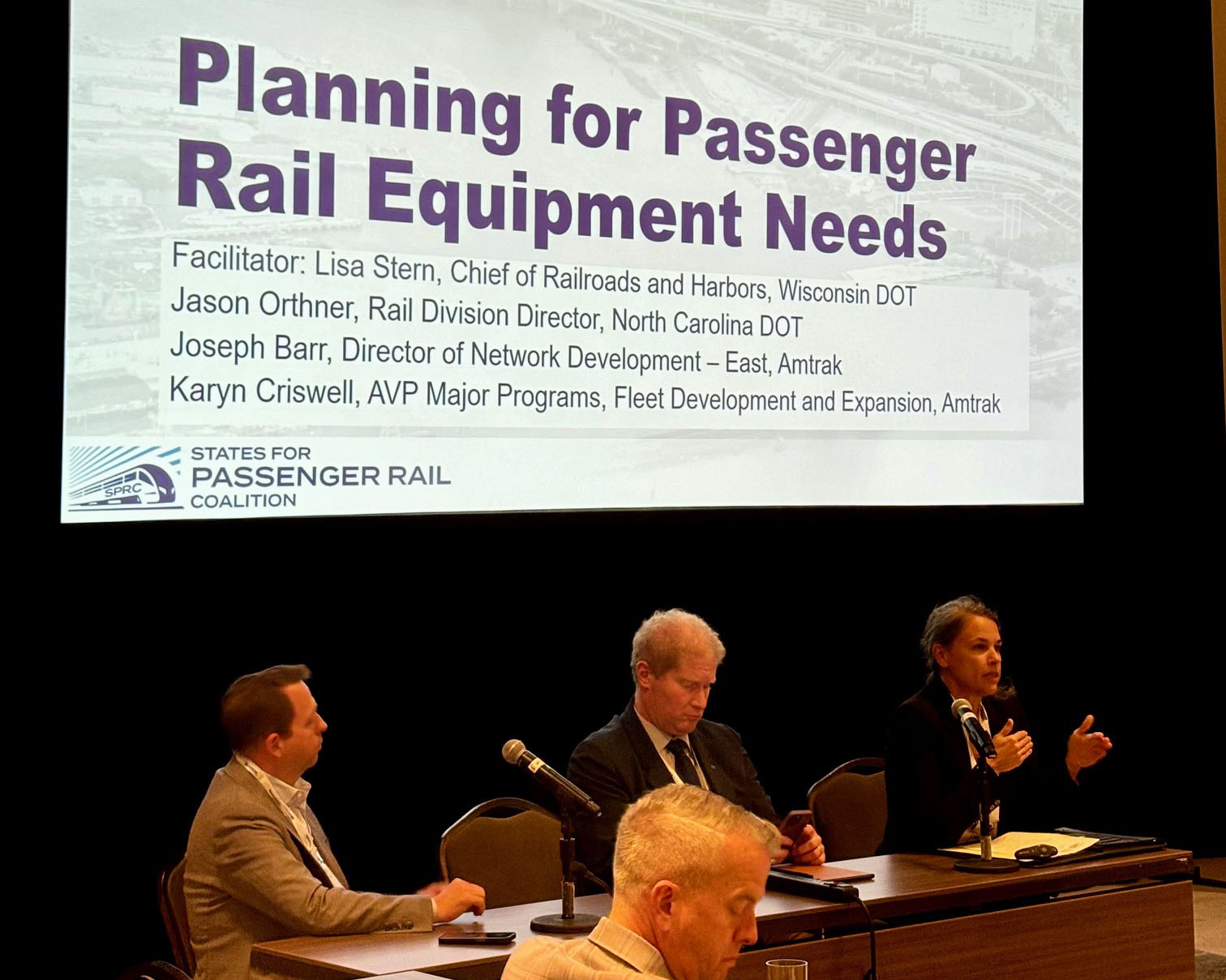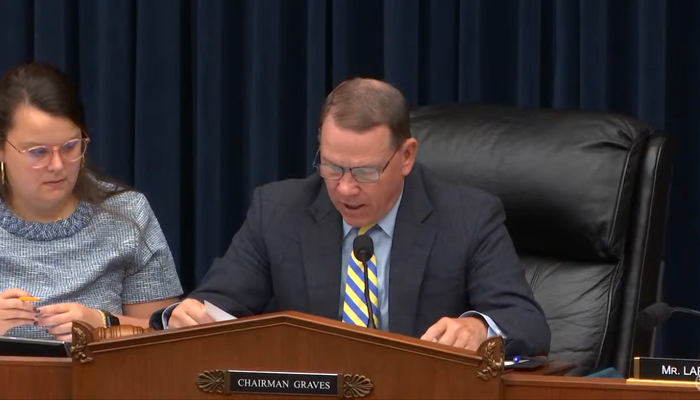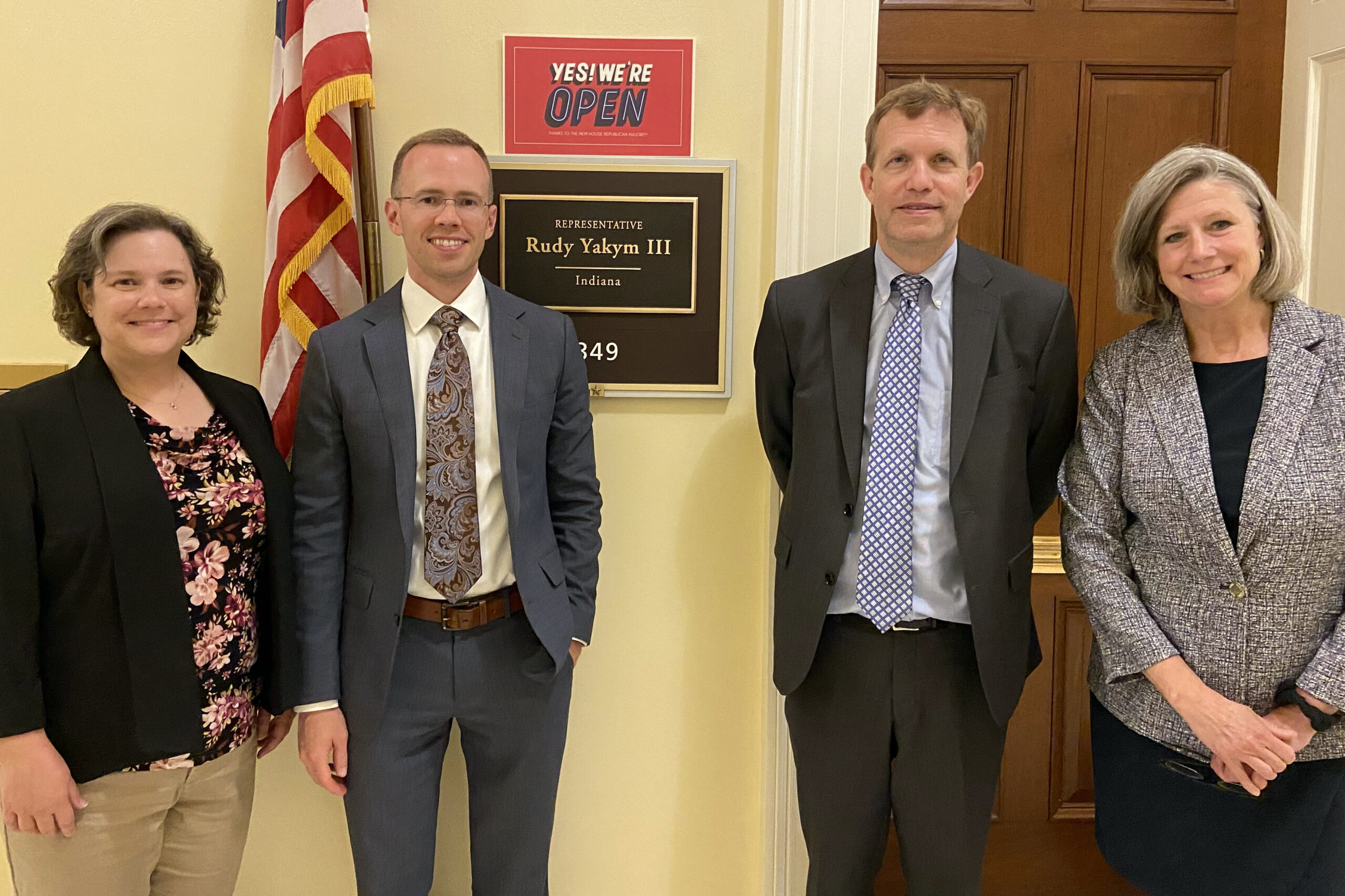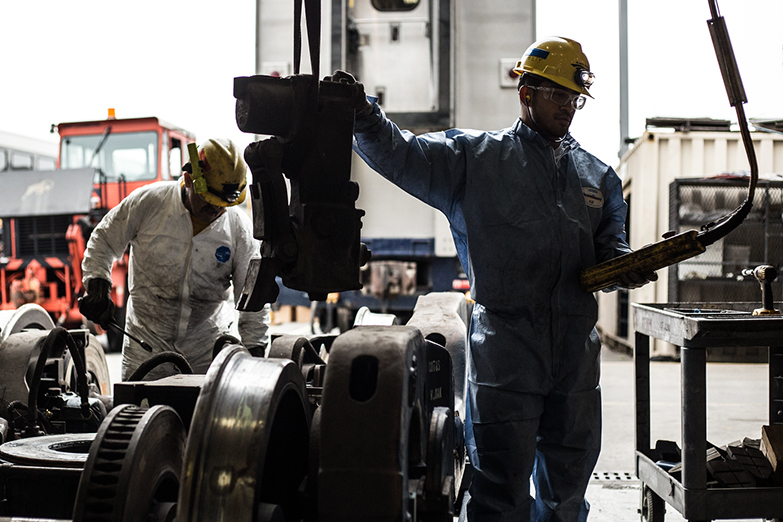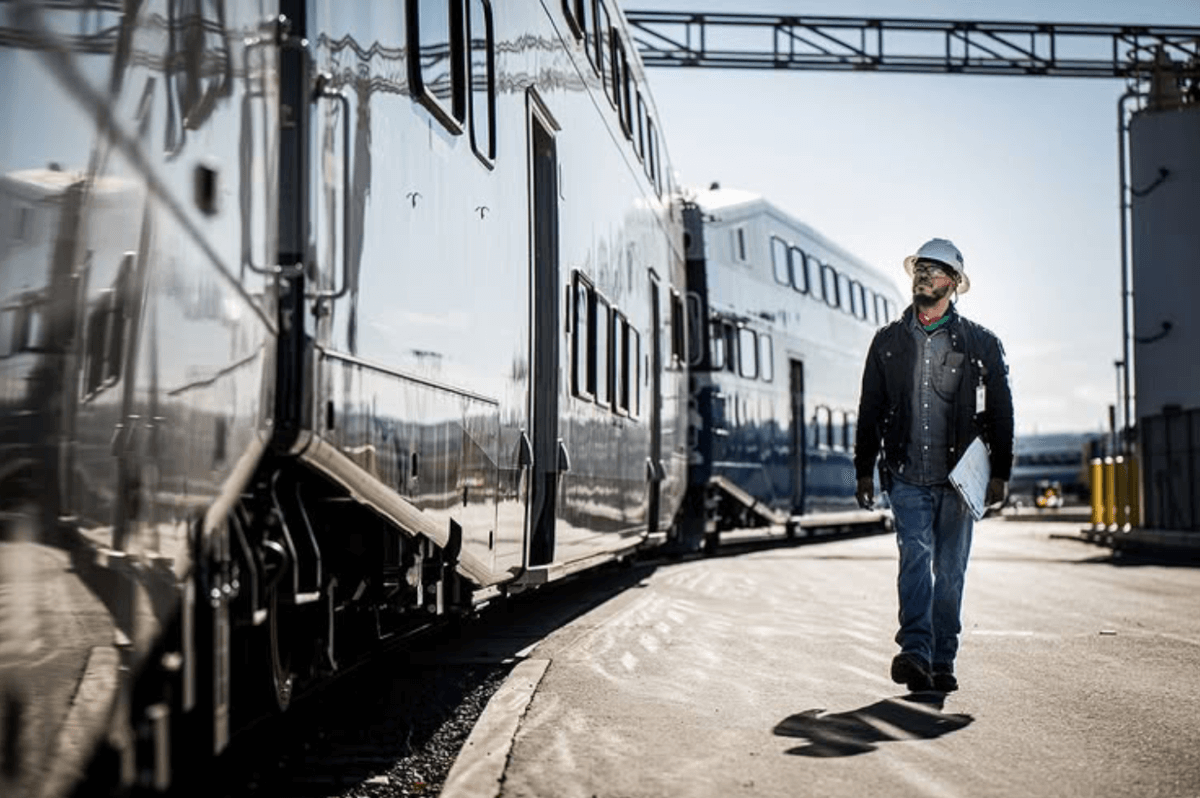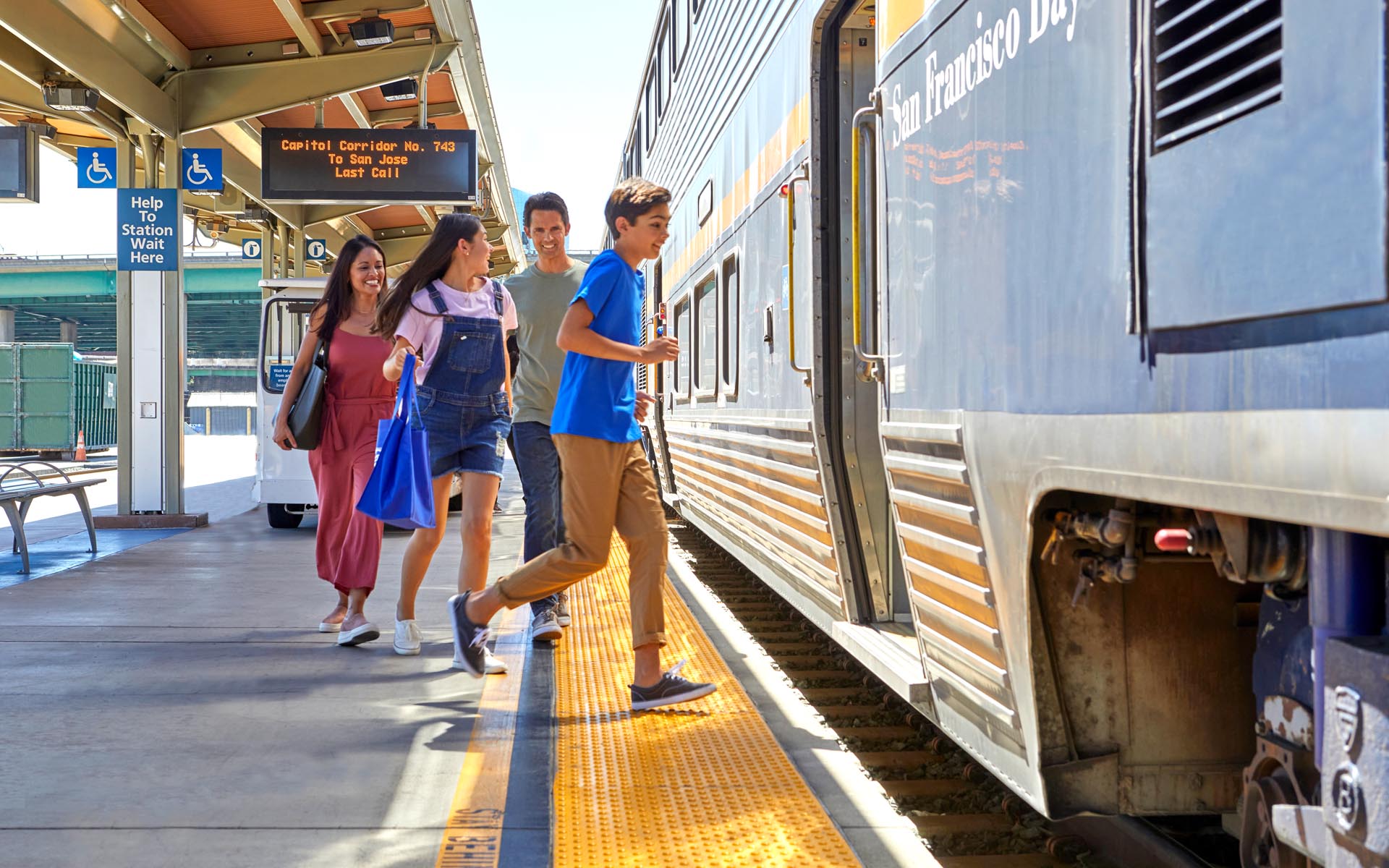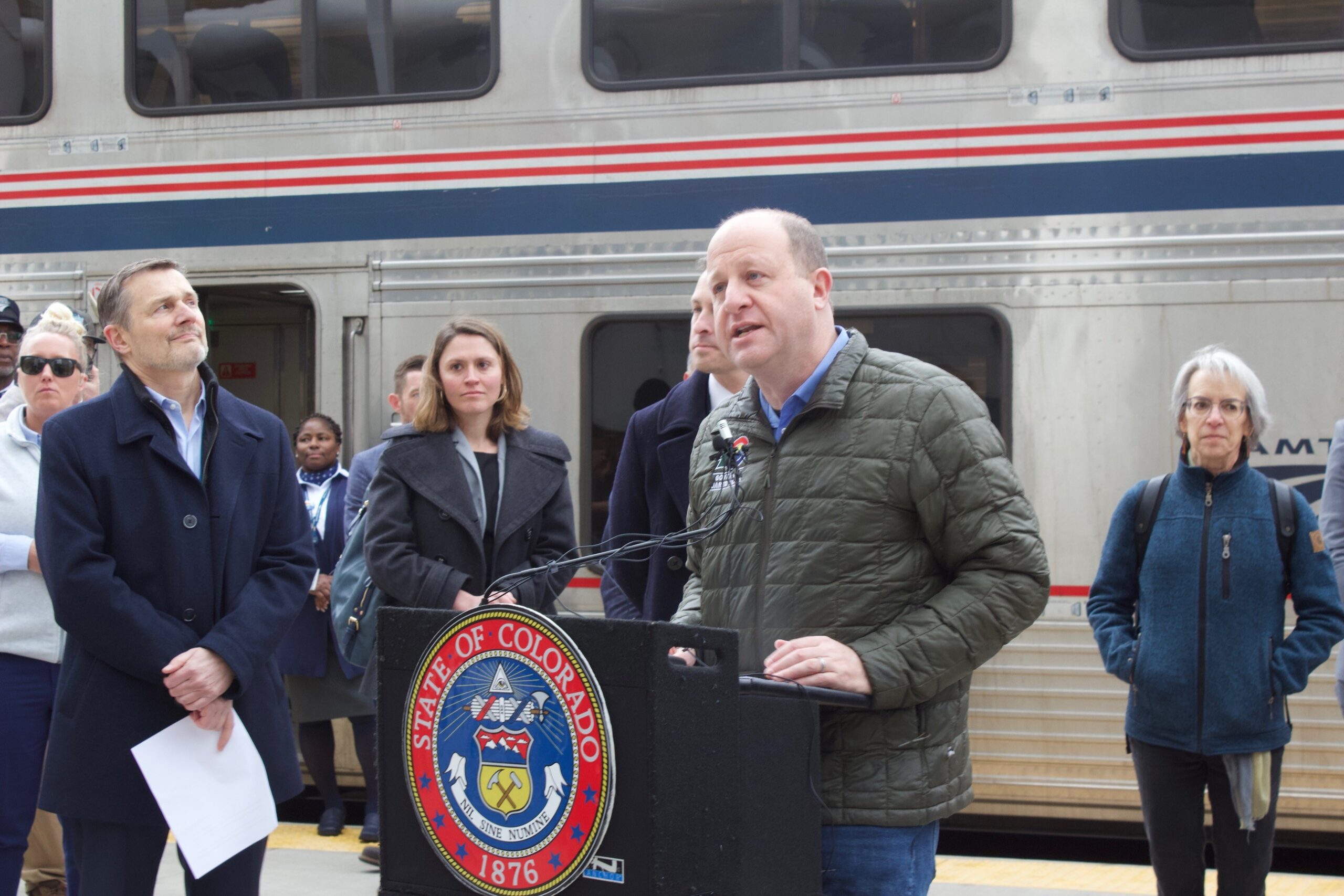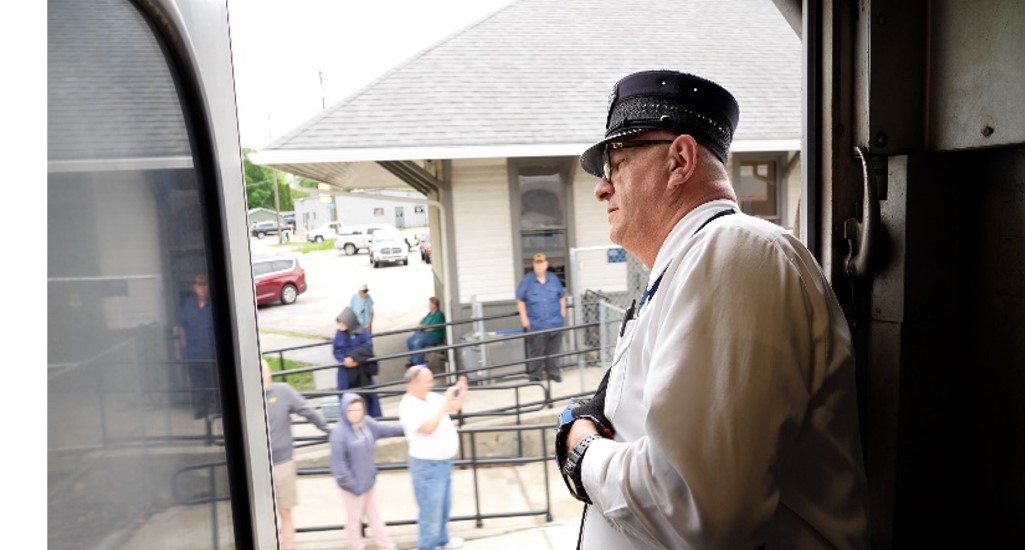States for Passenger Rail Coalition (SPRC) Policy Principles 2024
Intercity passenger rail provides affordable mobility to people across the social and economic spectrum encompassing America’s rural and urban landscape, while helping to reduce energy consumption and transportation emissions.
The States for Passenger Rail Coalition Supports:
Federal funding programs and policies that recognize states as central players in intercity passenger rail planning, program development, and project delivery. States build partnerships with host railroads and passenger rail operators to implement state and regional plans for passenger rail services. States have a long history of success delivering federal highway and transit programs. It’s time federal policy supported a similar role for states in intercity passenger rail, including by initiating stewardship/oversight agreements which will better enable states to assume responsibilities for rail planning, program development, and project delivery in a timely and efficient manner.
A dedicated federal formula grant funding program for intercity passenger rail planning, program development, and project delivery. States need consistent and reliable funding to support project planning, development, and implementation. Passenger rail formula funding would support state planning efforts to develop a national network. It should include match requirements comparable to the federal highway and transit programs and complement existing discretionary grant programs. Consistent and predictable funding streams would support the institutional development of state rail projects and ensure the successful execution of existing and new rail services. Without exception, any investment of federal funds for passenger rail service enhancements should require state approval.
The continuation of Federal funding to support the first six years of newly initiated or expanded passenger rail route operations to help states establish and increase service.
Continued funding for highly competitive discretionary programs, at levels in line with identified intercity passenger rail needs, to support capital and operating investments. The “Projects in the Pipeline” Report, developed from SPRC and AASHTO member surveys, identifies 80 passenger rail capital projects—a $17 billion total investment—that are ready or almost ready for final design, or in the construction phase. The report further identified an additional 75 projects, reflecting a $41B investment, which are in the scoping phase of project development.
Broad eligibility for States, transportation authorities, compacts/commissions, other local and regional public entities, and Amtrak to participate in discretionary intercity passenger rail grant programs. Eligible projects should include infrastructure improvements, rolling stock acquisition, capital maintenance of equipment, Positive Train Control (PTC) maintenance activities and costs, and funding for emerging technologies to enhance safety and environmental improvements.
Equitable project selection criteria for capital projects. Project selection criteria should not prioritize a higher share of the non-federal match. No less than 80% of project funding should be available for federal awards and matched through a combination of state, local, regional, and private funding.
Multi-year federal funding agreements to support larger scale passenger rail investments, with partial funding of project elements (without independent utility).
Implementation of the 209 Cost Methodology Policy which supports a more balanced relationship between the States and Amtrak as outlined in the principles established by the States-Amtrak Intercity Passenger Rail Committee (SAIPRC). Amtrak should be held accountable for meeting expectations of transparency and state partnership as adopted in the policy.
Streamlining of the grant process within the U.S. Department of Transportation (USDOT) with established, clear timelines for grant awards as well as the obligation and deployment of grant funding. Uncertain timelines and delays within the federal grant process limit the ability for States to commit to and efficiently deliver programs. This is true especially for the deployment of grant funding, which can lag significantly behind the initial award of the grant. States will be better able to develop and execute programs if they can be confident grant notices, awards, and funding will be deployed in an expeditious and efficient manner.


